Conference Report:
IEEE/RSJ 2010 International Conference on Intelligent Robots and Systems (IROS 2010)
June 22-24, 2010
Leiden University, Leiden, the Netherlands
Hooman A. Samani
The IEEE/RSJ 2010 International Conference on Intelligent Robots and Systems (IROS 2010) was held on October 18-22, 2010 at the Taipei International Conference Center(TICC), Taipei, Taiwan. IROS 2010 was the 23rd year of the conference.
The conference theme was “Intelligent Robotics in the Next Transition” The theme of IROS 2010 was chosen such that the conference would continue reflect the ever increasing interest in interactions, co-works, and co-existence of robots with human, cognitive robotics and other forms of intelligent machines and systems, with the goal for improving the better quality of human life.
The technical Program of IROS 2010 consisted of 1 Keynote Talk, 3 Plenary Talks, one day Robot Industry Forum, half day Robotics Education Forum, 140 technical sessions in 14 tracks, 17 workshops/tutorials, 16 video presentations, 14 exhibitions, and Robot Competitions.
IROS 2010 had 1798 papers submitted from more than 50 countries. 828 papers were accepted for oral presentation and 144 for interactive discussions.
Some of the interesting slides:

Non-verbal behavior study

Interesting idea about adding robotic hands and eyes to all objects to look like robot

Simplified version of 3D emotional space

Multi agent robot teams using 10s of robots these days
For this one they use color projection beside vision 
Using wizard of OZ for evaluation
In conjunction with IROS2010 Conference, 2010 Taipei International Robot Exhibition and Robot Competitions will be taken place at the same venue.
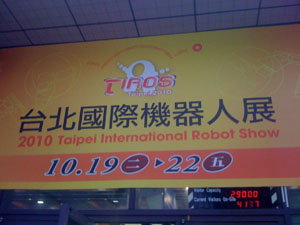
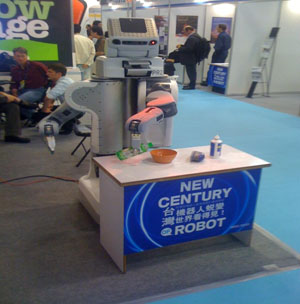
New century robot
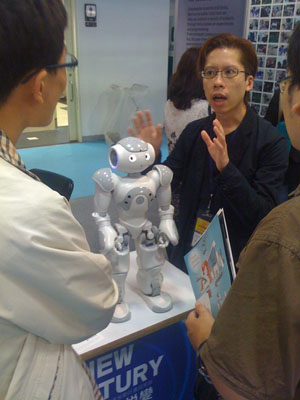
Nao
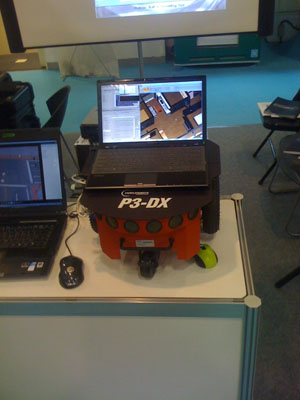
P3-DX
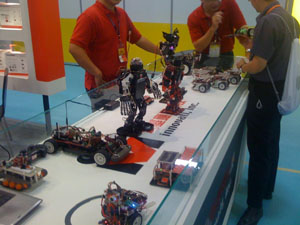
Inovati
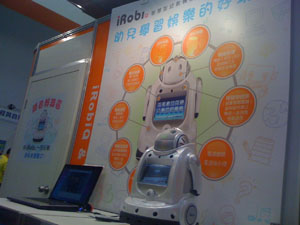
Yu Jin robot
Taiwanese company tried to use this robot for education in kindergartens
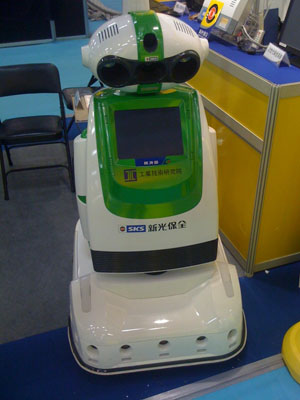
SKS robot
I presented the paper: Probability of love between human and robots. I had several discussions regarding my paper in the conference with different people. I received many positive feedbacks regarding Lovotics in the conference. Most of them like our approach that applying psychology of love into artificial intelligence and see bright future for our work and find our work practically usable in robots. Many humanoid robot researches see the possibility of employing our algorithms for humanoid robots or other types of robots. It is very exciting experience. The only few negative feedbacks that I have received was either about confusing Lovotics with sex robot and another person who was worry that love is very sensitive subject which was clear for them after conversation.
Few common questions that I’ve been asked about:
Q. How did you design the robot?
A: I referred them to our HRPR paper
Q: Where did you find the parameters for the middle layer of the Bayesian network?
A: from psychological studies.
Q: Isn’t love a sensitive case?
A: It is and it is complex and critical!
Q: Do you think that your developed algorithms can be applied to humanoid robots?
A: Yes and few other humanoid researchers in the conference approved that.
